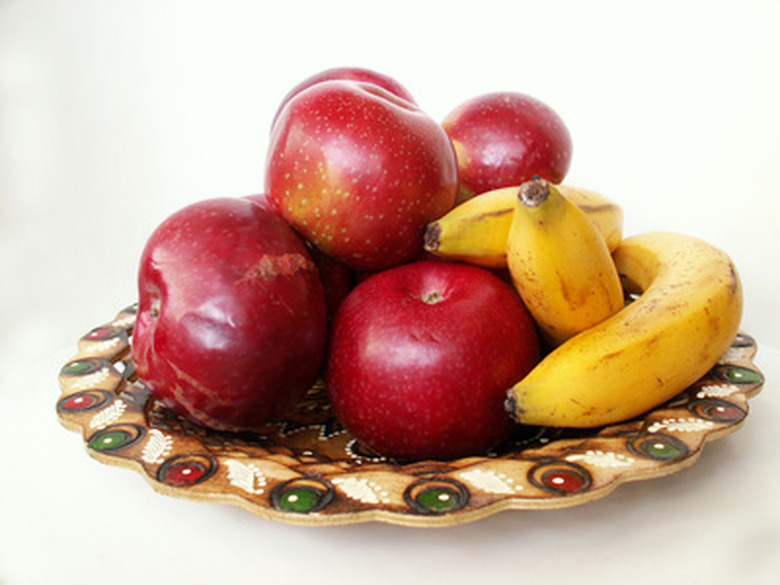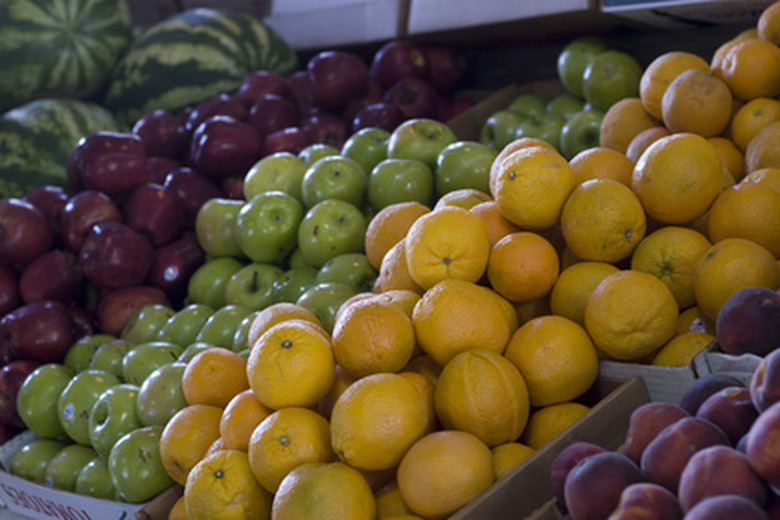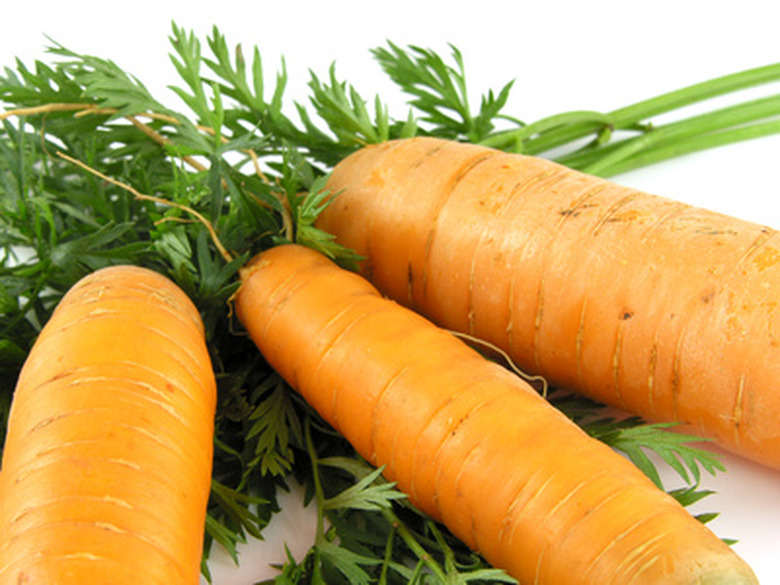What Is An Olefin In Chemistry?
Olefins belong to a family of organic compounds called hydrocarbons. They consist of different molecular combinations of the two elements, carbon and hydrogen. Another name for an olefin is an alkene. Alkenes contain one or more double bonds between the carbon atoms of the molecule.
Atomic Structure
Atomic Structure
Each element is an atom that contains different numbers of protons, neutrons and electrons. Protons and neutrons live in the central nucleus of the atom, while electrons move around the nucleus in defined patterns called orbits. The element hydrogen has only one orbiting electron, while the element carbon has six. Electrons form pairs and live in different orbits around the nucleus. Stable atoms have all electrons paired and orbitals full.
Molecular Formation
Molecular Formation
Unpaired electrons attract other atoms that have unpaired electrons in order to gain another electron and become stable. Unpaired electrons live in the highest energy level and are called valence electrons. Hydrogen has one valence electron while carbon has four. Atoms share their valence electrons with other atoms and bond together, forming a molecule. Several types of bonds exist.
Double Bonds
Double Bonds
In molecules of olefin, two of the carbon atoms form a double bond with each other by sharing their valence electrons with each other instead of sharing with an atom of hydrogen. Different molecular structures form, depending on where the double bonds occur. The simplest olefin compound has a carbon double bond and four hydrogen single bonds. Two hydrogen atoms bond with each of the carbon atoms on the side opposite the double bond.
Chains and Rings
Chains and Rings
Olefins form different compounds based on their structure. Some have short chains with only two, three or four carbons, such as ethylene. Others form long chains or closed ring structures. Some have a combination of both.
Chemical Properties
Chemical Properties
Alkenes are insoluble and exist in all three states of matter. Some short chain alkenes are gases at room temperature and pressure. More complicated structures exist as liquids and solids.
Uses
Uses
Olefins, or alkenes, form naturally in many living things. According to Bruce Hathaway's book, Organic Chemistry, the nutrient beta-carotene is a natural olefin found in carrots. It contains a chain of carbon atoms doubly and singly bonded together with a ring structure close to either end. The simple olefin, ethylene, promotes the ripening of fruit. Their largest commercial application of olefins comes in the petroleum industry, where they are used to make high-octane gasoline.
References
- Chemistry- An Introduction to General, Organic, and Biological Chemistry; Karen C. Timberlake; 2009. .
- Organic Chemistry the Easy Way; Dr. Bruce A. Hathaway; 2006
- Encyclopedia Britannica; Science and Technology::olefin;
- Richard Morley, Chemist, Los Alamos National Laboratory.
Cite This Article
MLA
Chipera, Angie. "What Is An Olefin In Chemistry?" sciencing.com, https://www.sciencing.com/olefin-chemistry-6716429/. 24 April 2017.
APA
Chipera, Angie. (2017, April 24). What Is An Olefin In Chemistry?. sciencing.com. Retrieved from https://www.sciencing.com/olefin-chemistry-6716429/
Chicago
Chipera, Angie. What Is An Olefin In Chemistry? last modified March 24, 2022. https://www.sciencing.com/olefin-chemistry-6716429/



